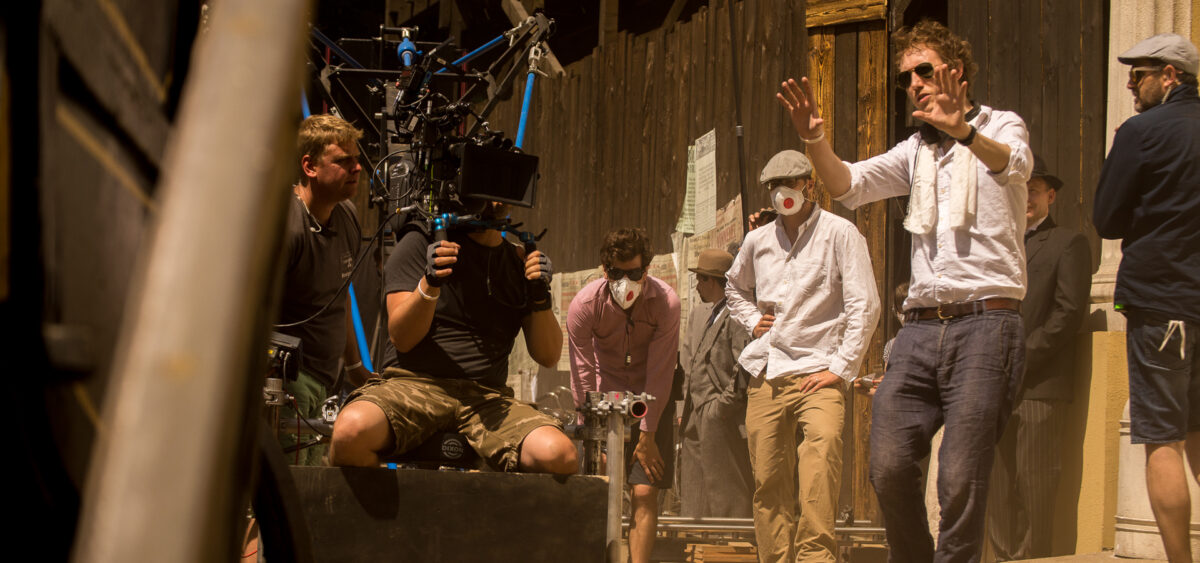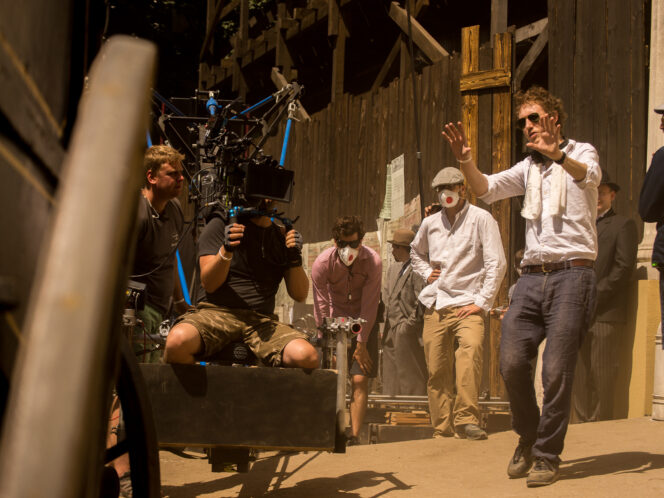
We first heard of László Nemes in 2015 after his spectacular debut Son of Saul at the Cannes Film Festival. It was a magnificent year for European cinema, with the biggest names in the industry running for the Palme d’Or – including Paolo Sorrentino, Yorgos Lanthimos and Jacques Audiard.
Nemes did not win in Cannes, but still brought home four other awards, including the Jury Prize. Meanwhile, Son of Saul continued its triumphant march around global film festivals, ending with the Academy Award for Best Foreign Language Film. The staggeringly long list of awards for the Hungarian director’s debut is the best proof that sometimes taking creative risks can pay off. It took Nemes a long time to collect resources for this challenging and extremely demanding project, based on a very personal story. Many members of the director’s family lost their lives in concentration camps during the Holocaust, and all they left behind were a few yellowed photographs. Son of Saul was conceived from the deep need to tell the story of the Holocaust in a different way than others have, such as Steven Spielberg. The film was made out of frustration with the simplifications and shortcuts taken by Hollywood productions when trying to show an unimaginable tragedy from a place of comfortable distance. Sunset – the latest feature production by Nemes – is just as personal as his first film, this time telling a story based on his grandmother’s








